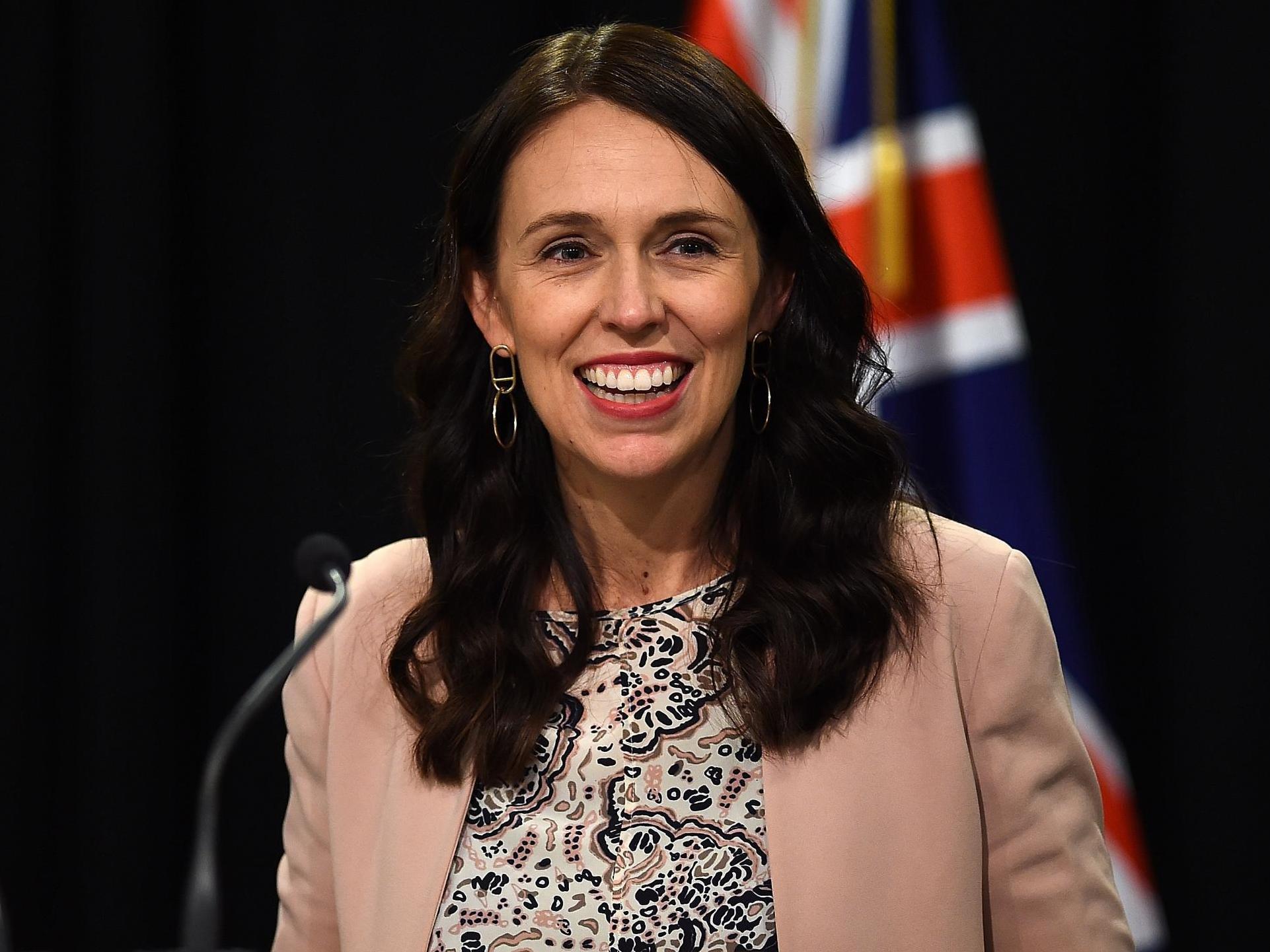Female leaders absent from global response to coronavirus, study finds
Charity says governments ‘must increase women’s leadership in formal decision-making spaces’

Your support helps us to tell the story
From reproductive rights to climate change to Big Tech, The Independent is on the ground when the story is developing. Whether it's investigating the financials of Elon Musk's pro-Trump PAC or producing our latest documentary, 'The A Word', which shines a light on the American women fighting for reproductive rights, we know how important it is to parse out the facts from the messaging.
At such a critical moment in US history, we need reporters on the ground. Your donation allows us to keep sending journalists to speak to both sides of the story.
The Independent is trusted by Americans across the entire political spectrum. And unlike many other quality news outlets, we choose not to lock Americans out of our reporting and analysis with paywalls. We believe quality journalism should be available to everyone, paid for by those who can afford it.
Your support makes all the difference.There is a “global absence” of women in leadership roles in the response to coronavirus, new research has shown.
The charity CARE International surveyed 30 countries and found that on average women made up only 24 per cent of national response committees.
The survey also showed that governments with lower levels of female leadership risked failing to consider the disproportionate impact the pandemic is having on women and girls.
The figures follow a UN Women report last month which showed lockdown measures had led to an increase in gender-based violence (GV) worldwide and had “seriously affected” the economic opportunities of women.
CARE's most recent analysis found 14 countries, including the UK and Jacinda Ardern-led New Zealand, have taken action on GV during the pandemic by announcing new funding or policies.
However, only Canada has made funding and policy commitments that “specifically recognise the economic effect of the pandemic on women”, CARE said.
The charity also found no evidence in nearly 25 per cent of countries of any gender-specific actions or policy and said government at all levels “must increase women's leadership in formal decision-making spaces and the humanitarian community must support localised, women-led responses”.
It added: “These actions are mutually reinforcing: women's rights movements tend to work with women and men in positions of power to advance legal and policy initiatives, and these movements often support more women leaders to emerge and attain power.”
Last month, analysis by Close the Gap – a Scottish advocacy group for women's labour market equality – found pre-existing inequalities mean women, particularly those in lower-paid roles, will be harder hit than men by the pandemic.
The group's report argued occupational segregation – where men and women do different types of jobs and are employed at different levels – is a key factor behind the disproportionate impact predicted for women as the economic harm of the virus is expected to vary by sector.
A separate study conducted by global children’s charity Plan International UK found that almost a third of girls aged between 14 and 21 have struggled to either afford or access sanitary products while at home in lockdown.
More than half of the respondents said they have used toilet paper as an alternative to period products, while one in five said that their periods have been harder to manage due to a lack of available toilet paper in stores.
Join our commenting forum
Join thought-provoking conversations, follow other Independent readers and see their replies
Comments